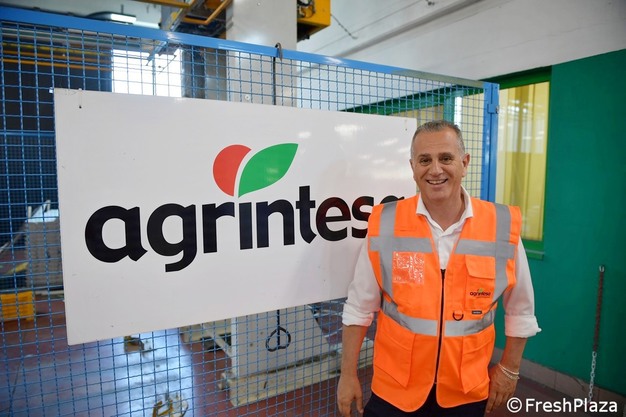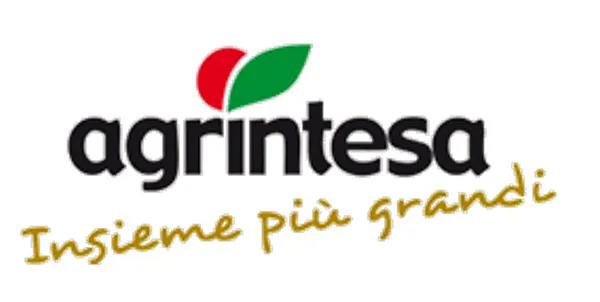Agrintesa, an Italian agricultural cooperative, reflects on its production and market performance after selling 58 thousand tons of summer stone fruit. "Production levels are good," said director Cristian Moretti. "While 58 thousand tons doesn't reflect our full potential, the results remain encouraging considering the lower yields in recent years due to weather conditions. Our members, who are primarily based in Emilia-Romagna, Calabria, and Piedmont, had a strong season." It was a successful year overall.
Cherries
Agrintesa members harvested approximately 80 percent of their production capacity. The quality and size were excellent, and prices reflected this. Despite a 20 percent drop in quantity, the value more than compensated for the loss. We also recognize the considerable progress made in recent years in the fields and within the cooperative. This includes the establishment of our advanced selection plant in Castelfranco Emilia, Modena (Emilia-Romagna). Our cherry supply chain enables us to deliver top-quality products and ensure customer satisfaction."
 © Cristiano Riciputi | FreshPlaza.com
© Cristiano Riciputi | FreshPlaza.com
Apricots
"There was a decline in apricot yields in both Emilia-Romagna and Calabria. We recorded a 30 percent decrease in the north and a 20 percent decrease in the south," Moretti says. "Our production was on the market for four months, from May to August. On the European scale, the supply was not completely saturated, and this has become the norm. Consequently, demand was consistently strong, and prices were generally favorable. We will continue to invest in apricots and expand our selection to include popular varieties."
Peaches and nectarines
The amount of peaches and nectarines harvested from the orchard was slightly less than last year. We calculated a 10 percent decrease in Emilia-Romagna and a 20 percent decrease in Calabria. Prices remained high until mid-August, reaching the highest levels in recent years. Then, they stabilized at more typical levels. We have late products available for sale for seven to ten more days. Overall, the season will end well. Flat peaches and nectarines from the Ondine project are also doing very well. They have high prices, strong market acceptance, and increasing quantities. This is partly because 180 hectares of the project are gradually entering full production.
Plums
The situation was mixed for plums. Sino-Japanese plum yields were about 25 percent lower than normal, while European plum yields were up 20 percent. Plum prices have been average and remain so. For example, President and Stanley plums will be on the market for at least another 15 days. The harvest is over for the Angeleno plum, which is not part of the summer stone fruit group, and yields are similar to last year's. Over the next few months, the product will be sold mainly abroad. We have high hopes for the price, especially since we are highly recognized for our specialization in the Angeleno plum.
Agrintesa's strategic outlook on fruit cultivation
"We continue to invest in our producers, safeguard cultivated hectares, and strengthen overall production," Moretti continues. "We will also support additional investments, especially in active protection systems, such as anti-hail nets and anti-frost technologies. Additionally, we have concrete plans to renew our varieties, with the goal of updating the land registry with options that balance sustainability, high yields, and strong market appeal," the director concluded.
For more information:
Coop Agrintesa
Via G. Galilei, 15
48018 Faenza (RA) - Italy
+39 0546.619111
[email protected]
www.agrintesa.it
